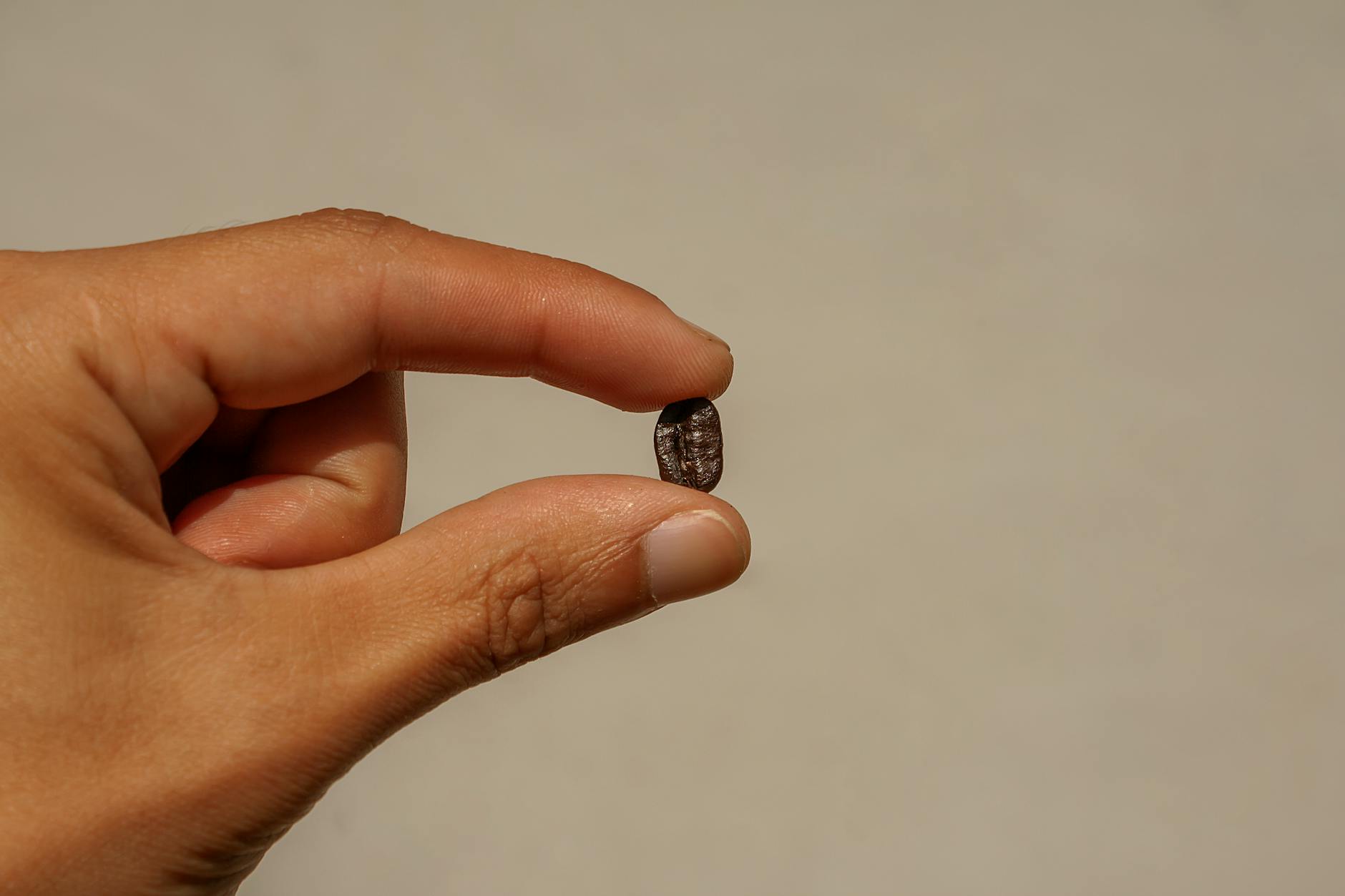Alright, crew. Let’s talk coffee. Not just any coffee, mind you, but the real story behind that delicious dark roast that fuels our late-night chart watching sessions. We’re traders, right? We understand complex systems and intricate webs. Well, the global coffee trade is one hell of a tangled web, way more intricate than that triple-espresso you slammed before the market opened this morning.
You’d think something as ubiquitous as coffee would be simple, but nah. It involves farmers in far-flung corners of the world, middlemen, roasters, importers, and finally, us… the end consumers, happily sipping our caffeine fix. This isn’t some fly-by-night operation; it’s a multi-billion dollar industry with some pretty serious ethical baggage, and I’m not talking about that time I accidentally bought a bag of decaf.
The Bean’s Journey: From Farm to Mug
Think about it: that cup of Joe you’re nursing? It likely started its life in a small farm in Colombia, Ethiopia, or Vietnam. These farmers often face challenges like unpredictable weather patterns, volatile market prices, and unfair contracts, leaving many barely scraping by. And that’s before we even consider the environmental impact of coffee farming. The land used to grow coffee demands significant resources, which can put a strain on water and soil. This isn’t some theoretical problem; this is affecting real people and real environments.
Now, I’m all about good returns, but even I know there’s something fundamentally wrong when the people growing the beans aren’t sharing the profits. It’s like the guy who invented the internet not getting a cut of Google’s profits, only far more widespread and affecting the livelihoods of tens of thousands of families. And that’s why it’s worth examining the ethical implications of the coffee trade. We’re not just talking about the taste, we’re talking about fairness, sustainability, and ensuring that those who work hard to produce our daily pleasures are rewarded fairly.
One of the key ways we can help address this is by supporting fair trade practices, which ensure farmers receive fair prices for their beans. These practices also help guarantee better working conditions and environmental sustainability. It’s about building a supply chain where everyone profits—from the farmer to the consumer, and every stop in between. Of course, finding truly ethical coffee can be tough. But it’s not impossible. I’ve done a little digging, and you’ll find there are many excellent resources online that can help you navigate this complex system. One great place to start is the Fairtrade International website, which provides information about fair trade certifications and practices.
Environmental Impact: Brewing Up a Storm
Beyond fair trade, the environmental toll of coffee production is substantial. From deforestation to pesticide use, the industry’s environmental footprint is significant. Coffee farming requires a significant amount of water—imagine the amount needed to irrigate vast coffee plantations—and the chemicals used can pollute soil and waterways. It’s a harsh reality to swallow, especially when we think about all the effort that goes into protecting the planet’s natural resources. And I’m not just talking about the environmental impact either; these problems have very real downstream consequences. We all know how weather patterns impact the yield of agricultural products, and for coffee, this can have a major impact on prices and the sustainability of coffee farms.
Thankfully, there’s increasing awareness of this, and many coffee producers are embracing more sustainable methods. Shade-grown coffee, organic farming practices, and water-efficient irrigation techniques are all examples of positive steps in the right direction. It’s a slow but crucial shift toward a more environmentally responsible coffee industry. Think of it as long-term investment in the future of the industry, not just an immediate profit.
And let’s be honest, having a clear conscience while enjoying your morning coffee is pretty satisfying. I’m not even talking about the ethical issues; you want a solid, long-term investment and you get exactly that when you support environmentally responsible coffee producers.
Conscious Consumption: Making a Difference
So, what can we do? As consumers, we have a powerful influence on the coffee industry. By making conscious choices, we can support farmers, protect the environment, and encourage ethical practices. Choosing fair trade or certified organic coffee is a great starting point. Look for brands committed to transparency and sustainability. Consider buying directly from small farms or cooperatives to minimize the number of middlemen involved. You can even make some tasty brews at home with ethically sourced beans! Your morning coffee can be a direct contribution to a better world. And to make the process even better, you might consider investing in some truly great cool coffee mugs to improve the experience even further.
It’s about being informed and intentional in our purchasing decisions. Just like we meticulously research stocks before investing, we should equally consider the social and environmental impact of our consumption habits. It’s all part of a more thoughtful and sustainable lifestyle. This isn’t just some hippie thing either; this is about smart investments in people and the planet. After all, responsible investing—like in coffee farms or other ethically conscious businesses—is about making ethical choices with a long-term viewpoint.
Also, I’d recommend taking a look at the World Bank’s page on sustainable coffee production—it provides some good, independent insight into these issues.
This isn’t about sacrificing quality or taste. It’s about making informed decisions that align with our values. And that, my friends, is a worthy investment.

